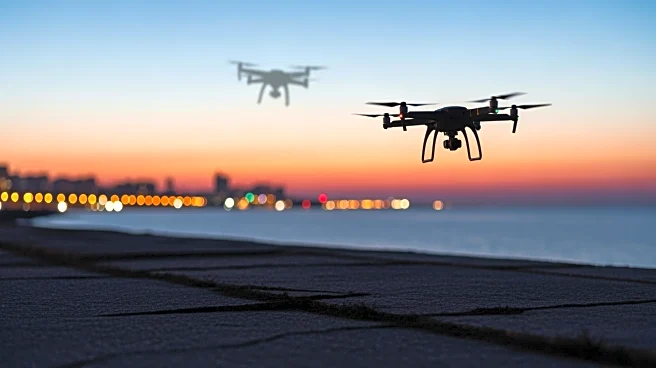Rapid Read • 7 min read
Recent advancements in artificial intelligence (AI) technologies originally developed for behavioral health are now being applied to assess and monitor movement disorders. These technologies, which utilize computer vision, natural language processing, and acoustic analysis, have demonstrated potential in detecting subtle patterns associated with conditions like Parkinson's disease. AI systems can analyze facial expressions, voice modulation, and linguistic patterns to identify indicators of mental health conditions, and similar methods are being adapted for movement disorder assessment. Studies have shown high accuracy rates in detecting Parkinson's disease using voice biomarker analysis and neuroimaging techniques, outperforming traditional clinical assessments.
AD
The application of AI-driven assessment technologies to movement disorders represents a significant advancement in healthcare. These technologies offer more sensitive and continuous monitoring capabilities compared to traditional methods, potentially improving early detection and treatment response measurement. For pharmaceutical companies, this presents an opportunity to enhance clinical trials and drug development processes by providing more accurate and comprehensive data. The ability to monitor patients continuously from home could also lead to more decentralized and accessible clinical trials, reducing dropout rates and expanding geographic reach.
The integration of AI technologies across medical domains highlights the potential for cross-disciplinary innovation in healthcare. However, challenges such as regulatory uncertainty, data privacy concerns, and health equity must be addressed to fully realize the benefits of these technologies. Ensuring access to AI-driven assessments across diverse demographic groups is crucial to prevent disparities in healthcare outcomes. As AI systems become more sophisticated, they may further bridge gaps between traditionally separate medical specialties, leading to unified digital biomarker platforms and transformative changes in disease assessment and treatment.
AD
More Stories You Might Enjoy










